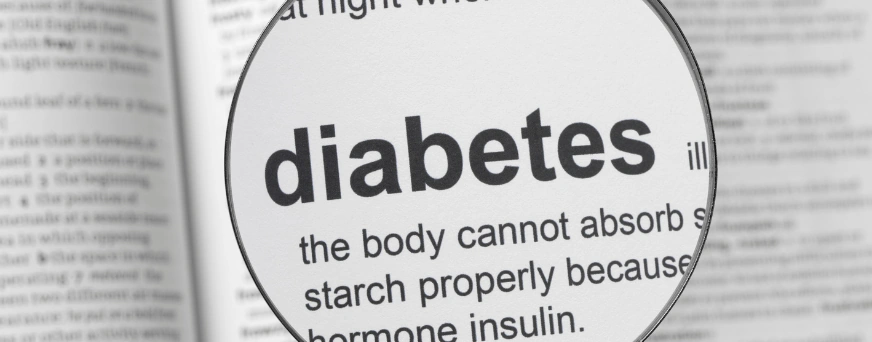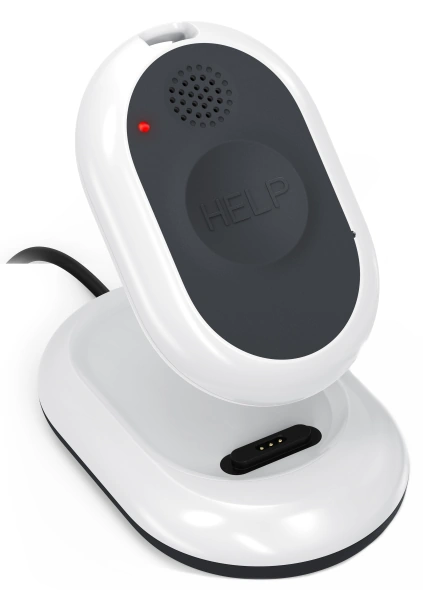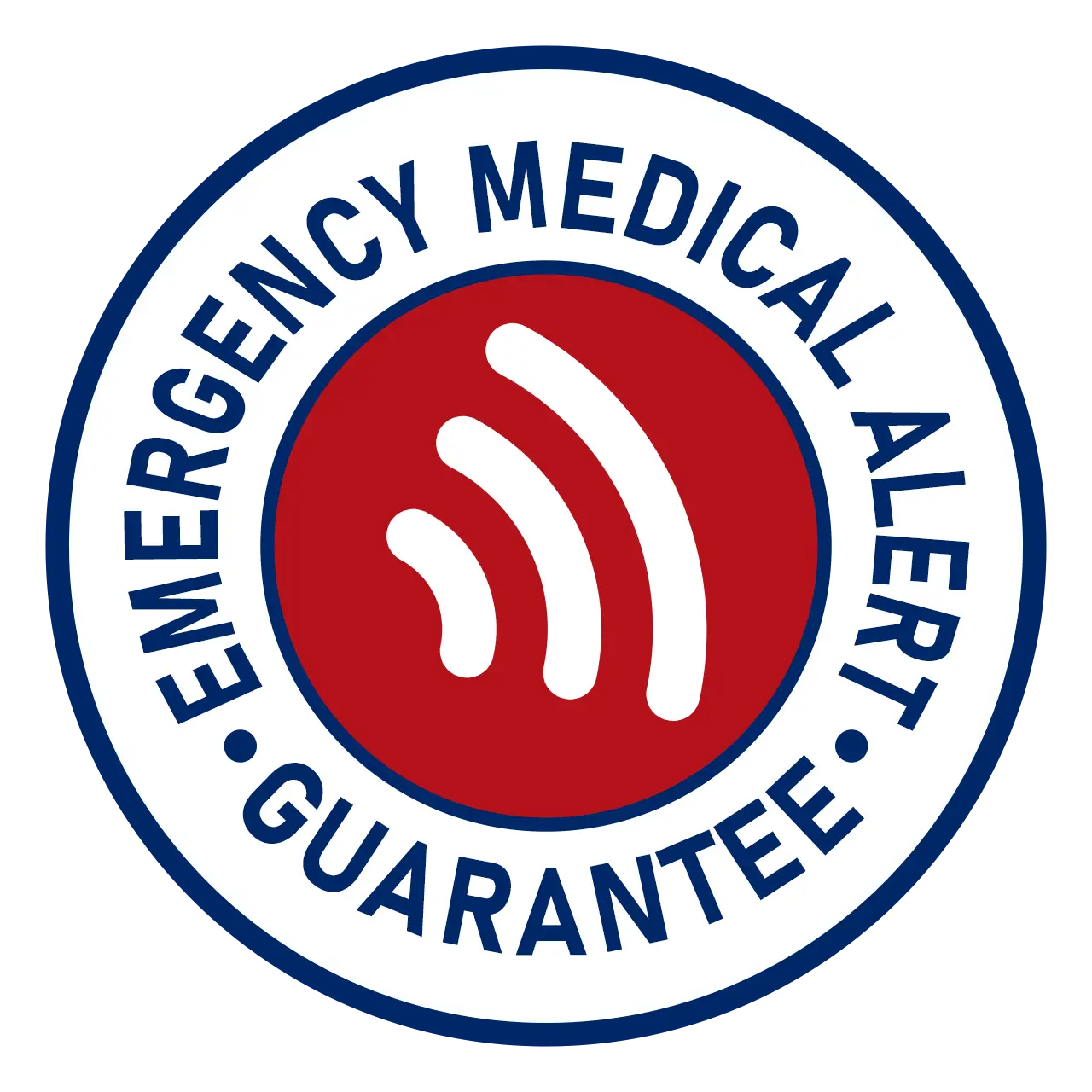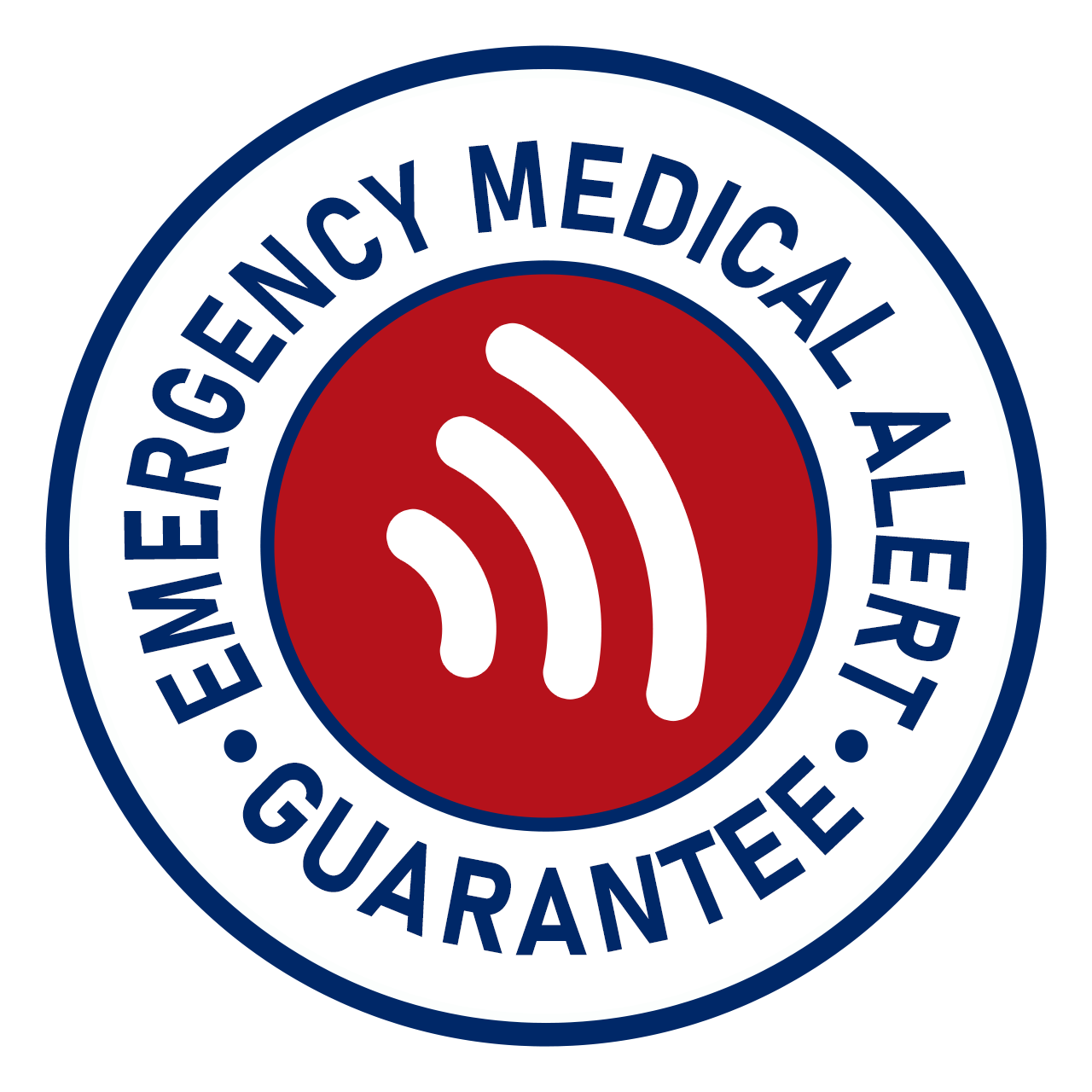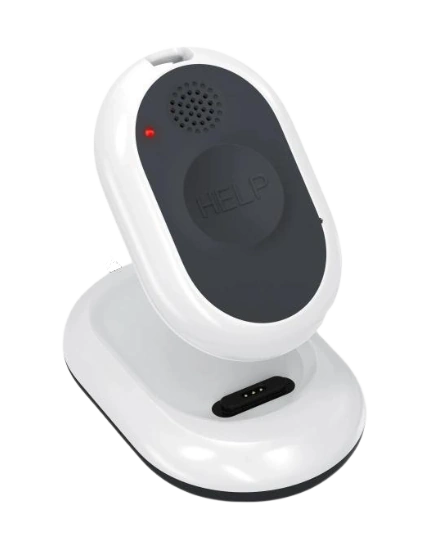What Is Type 3 Diabetes? Exploring The Link Between Diabetes And Alzheimer’s Disease
Type 3 diabetes, a term linking diabetes to Alzheimer's disease, is becoming increasingly relevant for seniors in the USA. Recognizing this connection is necessary for maintaining both physical and cognitive health. Learn what type 3 diabetes entails and discover practical management strategies to help seniors maintain their quality of life. Understanding these aspects can empower seniors to take control of their health effectively.
What Is Type 3 Diabetes?
Type 3 diabetes refers to a proposed link between diabetes and Alzheimer's disease. Unlike type 1 diabetes, an autoimmune disorder, or type 2 diabetes, characterized by insulin resistance, type 3 diabetes suggests that insulin resistance in the brain may contribute to Alzheimer's. This idea stems from research showing that insulin is needed for brain functions like memory and learning. Disrupted insulin signaling in the brain could lead to cognitive decline, a key feature of Alzheimer's.
Although not officially recognized as a medical diagnosis, comprehending this connection is helpful for seniors. It emphasizes the importance of managing diabetes to potentially lower Alzheimer's risk. This insight underlines the need for a healthy lifestyle and regular monitoring of cognitive health as part of diabetes management.
Symptoms And Diagnosis Of Type 3 Diabetes
Recognizing the symptoms of type 3 diabetes is advantageous for seniors, as early identification can make a significant difference in managing the condition. Symptoms often resemble those of Alzheimer's, including memory lapses, confusion, and mood changes. Seniors might also find everyday tasks more challenging than before.
Due to its similarities with other conditions, diagnosing type 3 diabetes involves a thorough evaluation. Doctors typically use cognitive tests, blood sugar assessments, and brain scans to identify issues. While there's no definitive test for type 3 diabetes, these methods help eliminate other causes of cognitive decline.
Catching symptoms early is requisite for effective management, potentially slowing their progression. Seniors noticing these signs should consult a healthcare provider promptly to understand their health better and explore ways to manage symptoms effectively.
Risk Factors For Seniors
Older adults must be aware of the risk factors for type 3 diabetes. Age is a significant factor; as people age, their chances of developing both diabetes and Alzheimer's increase. Therefore, seniors must stay alert to changes in their health.
Lifestyle choices also significantly impact risk. Diets high in sugar and unhealthy fats can worsen insulin resistance, potentially affecting brain health. A lack of physical activity can lead to obesity and related metabolic issues, increasing the risk of type 3 diabetes. Genetics also makes a difference; a family history of diabetes or Alzheimer's can heighten risk, underscoring the need for genetic awareness.
By understanding these risks, seniors can make informed decisions about their health. Recognizing personal risk factors allows for tailored lifestyle changes, emphasizing the importance of regular health check-ups and preventive measures.
Managing Type 3 Diabetes: Key Strategies

Effectively managing type 3 diabetes involves lifestyle changes and medical advice. Strategies that tackle insulin resistance and support cognitive health can help seniors maintain a good quality of life.
1. Diet And Nutrition
Eating well is requisite for managing type 3 diabetes. Seniors should focus on a diet rich in whole grains, lean proteins, healthy fats, and plenty of fruits and vegetables. Foods high in omega-3 fatty acids, like fish and nuts, are particularly good for brain health. Avoid processed foods high in sugar and unhealthy fats, which can worsen insulin resistance. Eating regular, balanced meals helps keep blood sugar levels stable. Consulting a nutritionist can offer personalized dietary advice.
2. Physical Activity
Staying active helps manage type 3 diabetes. Exercise boosts insulin sensitivity and overall well-being. Seniors should aim for about 150 minutes of moderate exercise weekly, such as walking or swimming. Strength training is also beneficial. Choosing enjoyable activities makes it easier to stay active. Before starting a new exercise routine, it's wise to consult a healthcare provider to ensure safety.
3. Medication And Treatment Options
While lifestyle changes are required, medication might also be needed. Doctors can prescribe treatments to manage blood sugar and cognitive symptoms. Follow the treatment plan and communicate with healthcare providers about any issues. Regular checkups help ensure the treatment remains effective.
4. Cognitive Health And Mental Well-being
Maintaining cognitive health supports overall mental function and well-being. Activities like puzzles, reading, and learning new skills keep the mind sharp. Socializing with family and friends boosts emotional health and provides support. Mindfulness practices, such as meditation, can reduce stress and improve mental clarity. Seniors should engage in activities they enjoy to support their mental health.
Preventive Measures And Lifestyle Changes

For seniors managing type 3 diabetes, making thoughtful lifestyle changes can be a game-changer. Regular health checkups are advantageous, as they help catch any shifts in blood sugar and cognitive function early, allowing for timely adjustments in treatment. Managing stress also plays a key role in overall well-being; chronic stress can worsen insulin resistance. Techniques like yoga or meditation can be helpful, and finding stress management methods that work well for you—such as reading or listening to music—can make a difference.
Sleep quality should not be overlooked either. Research indicates that poor sleep can lead to increased insulin resistance, which is a significant factor in both diabetes and cognitive decline. Inadequate sleep is also linked to higher levels of stress hormones, which can exacerbate memory issues and mood disturbances. Seniors should aim for 7 to 9 hours of sleep each night to support brain function and metabolic health. Establishing a regular sleep schedule, creating a restful environment, and avoiding stimulants like caffeine before bedtime can enhance sleep quality. By prioritizing good sleep hygiene, seniors can significantly impact their management of type 3 diabetes and improve their overall well-being.
Conclusion
Grasping the link between diabetes and Alzheimer's is key to maintaining a vibrant life for seniors. By making informed lifestyle choices, such as eating well and staying active, seniors can better manage their health. Regular check-ins with healthcare providers and awareness of personal risk factors are key steps. This proactive approach aids in managing symptoms while simultaneously boosting overall well-being, allowing seniors to enjoy a more independent and fulfilling life.

